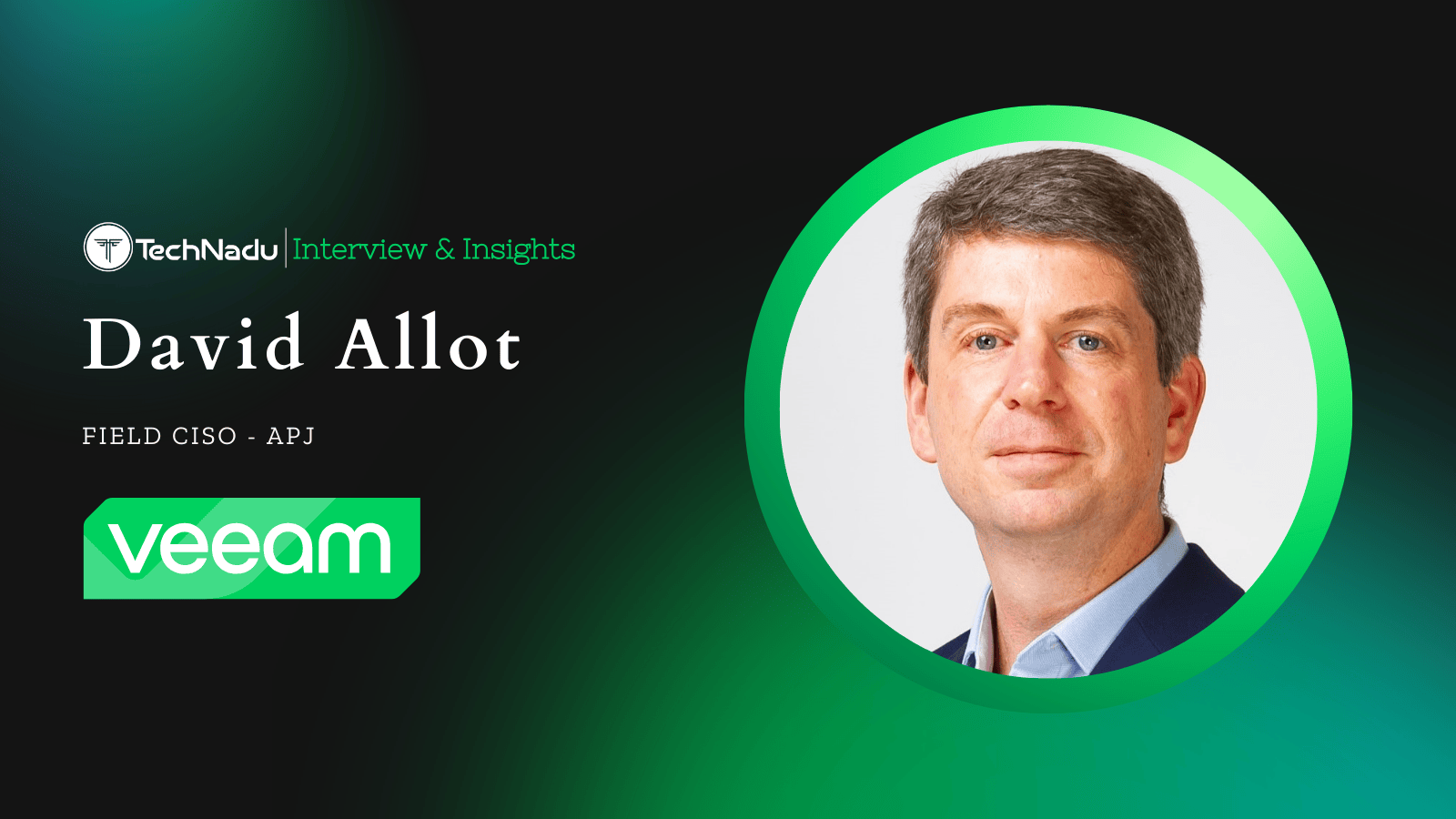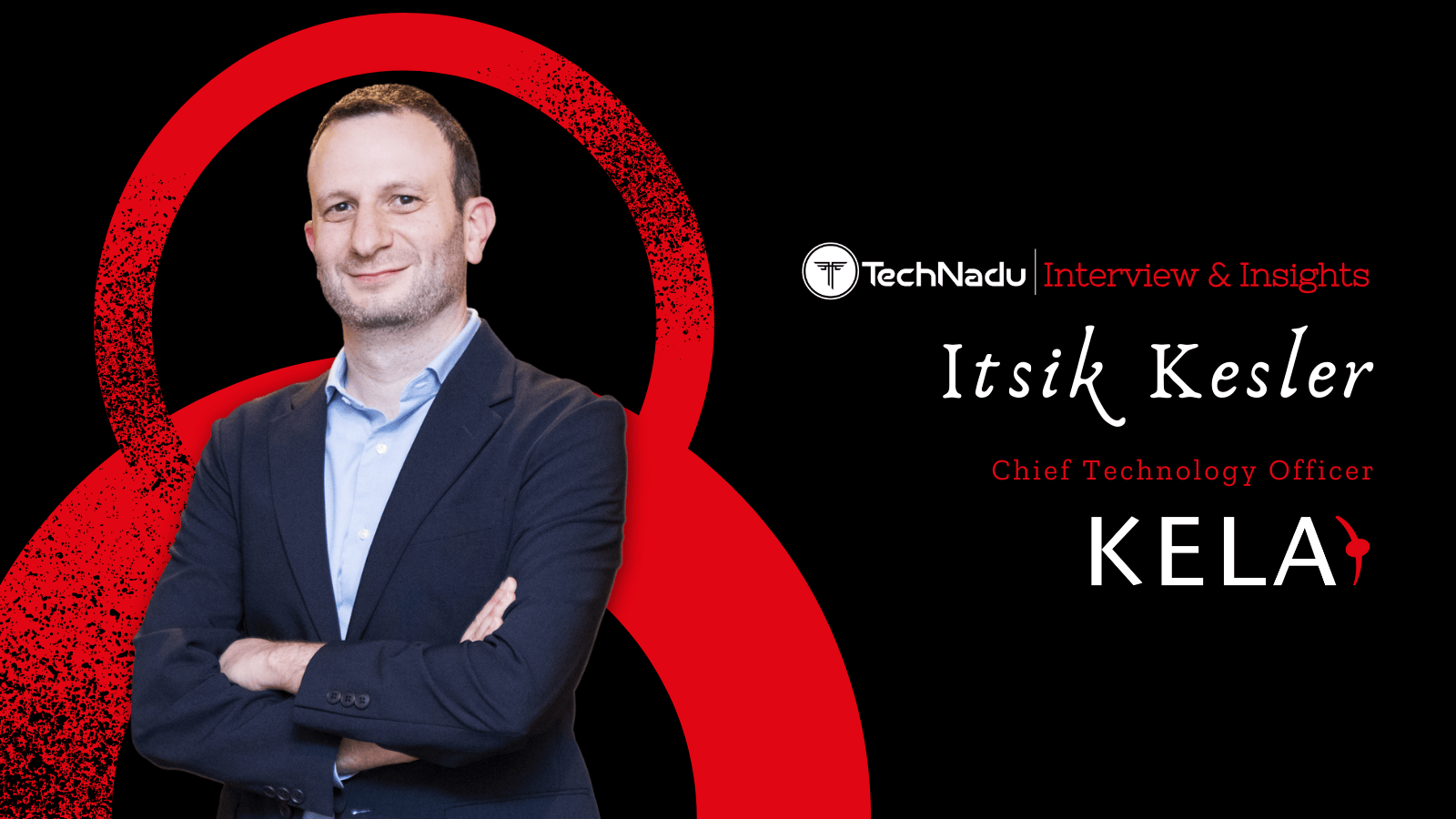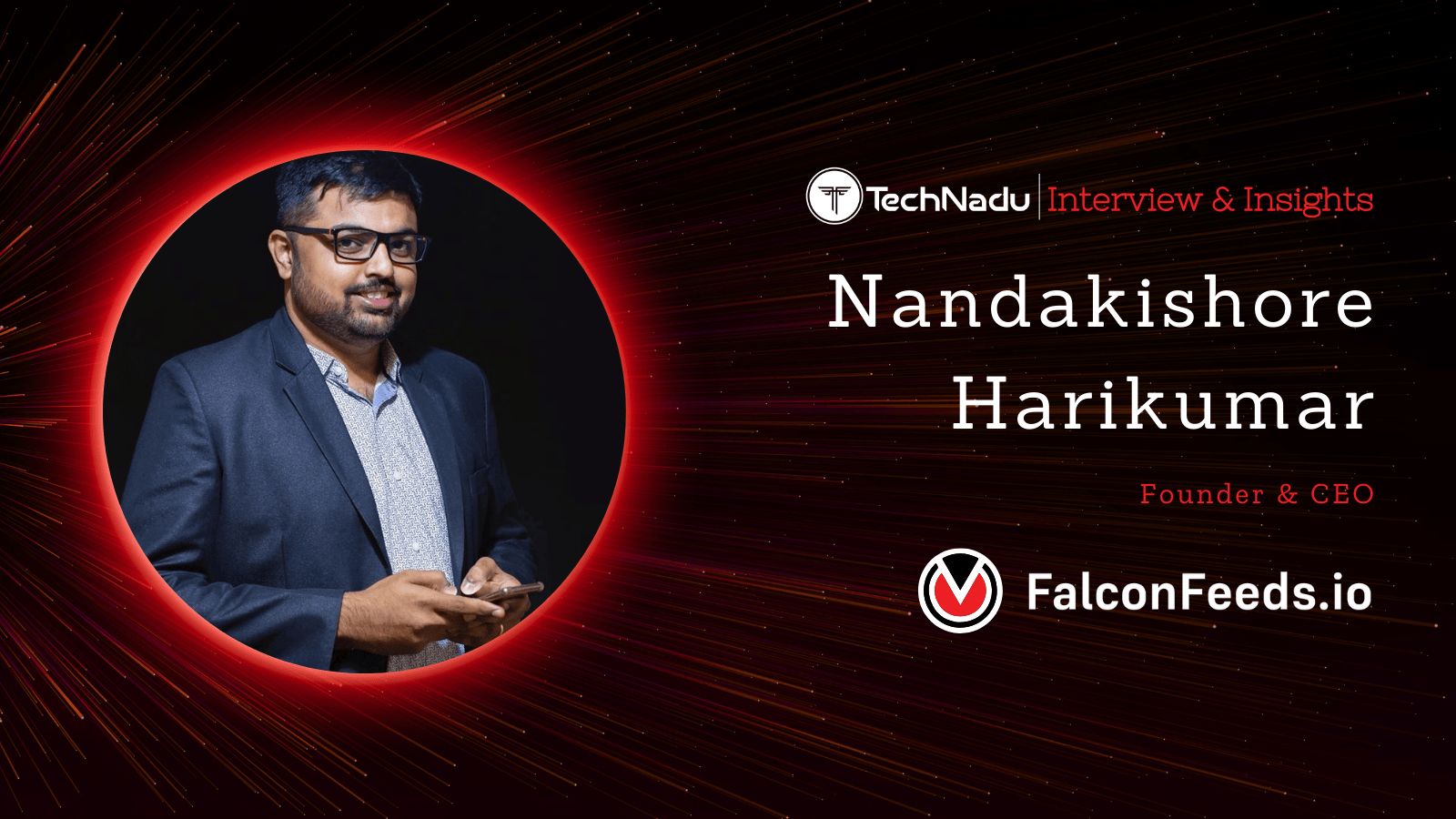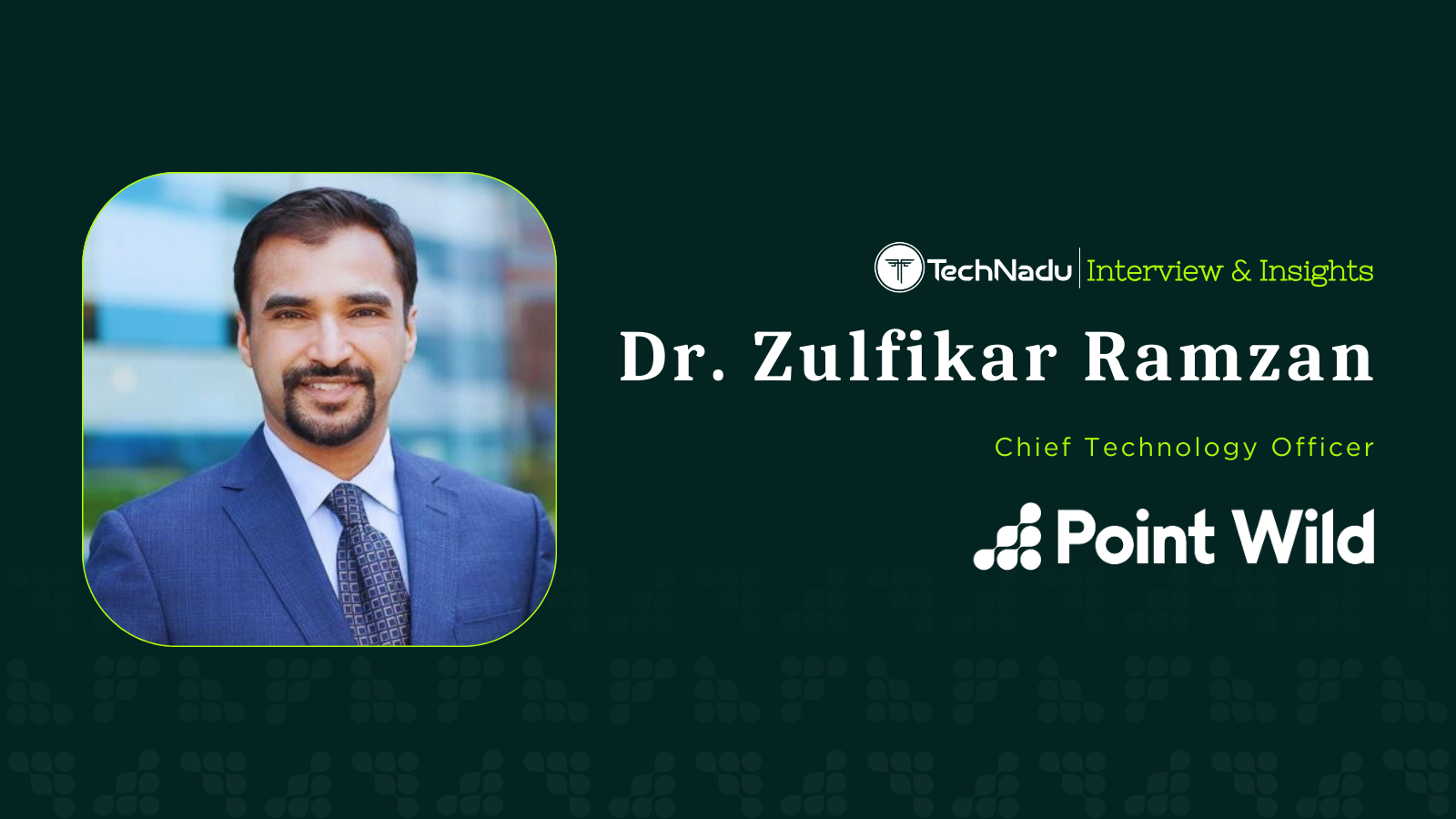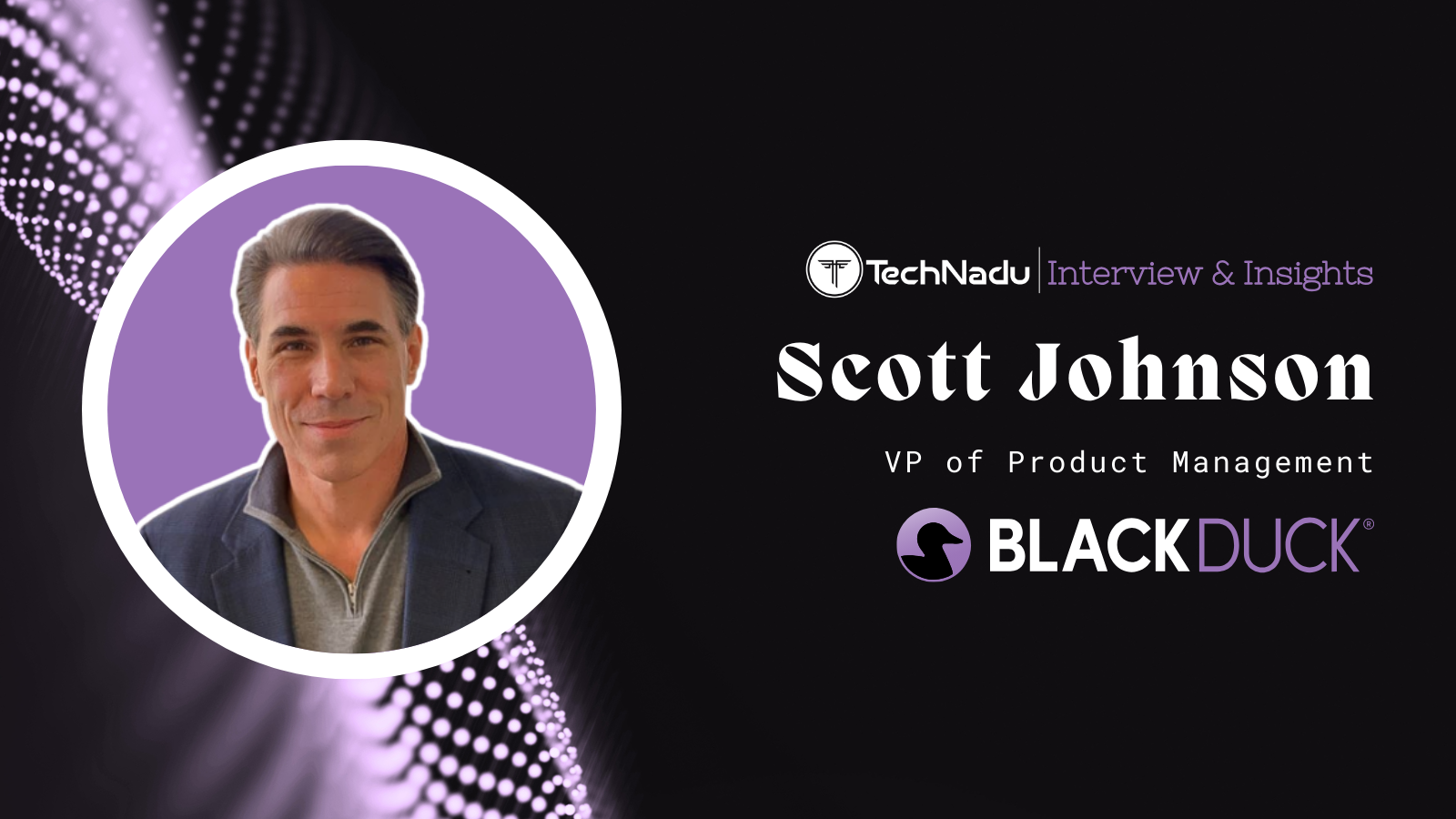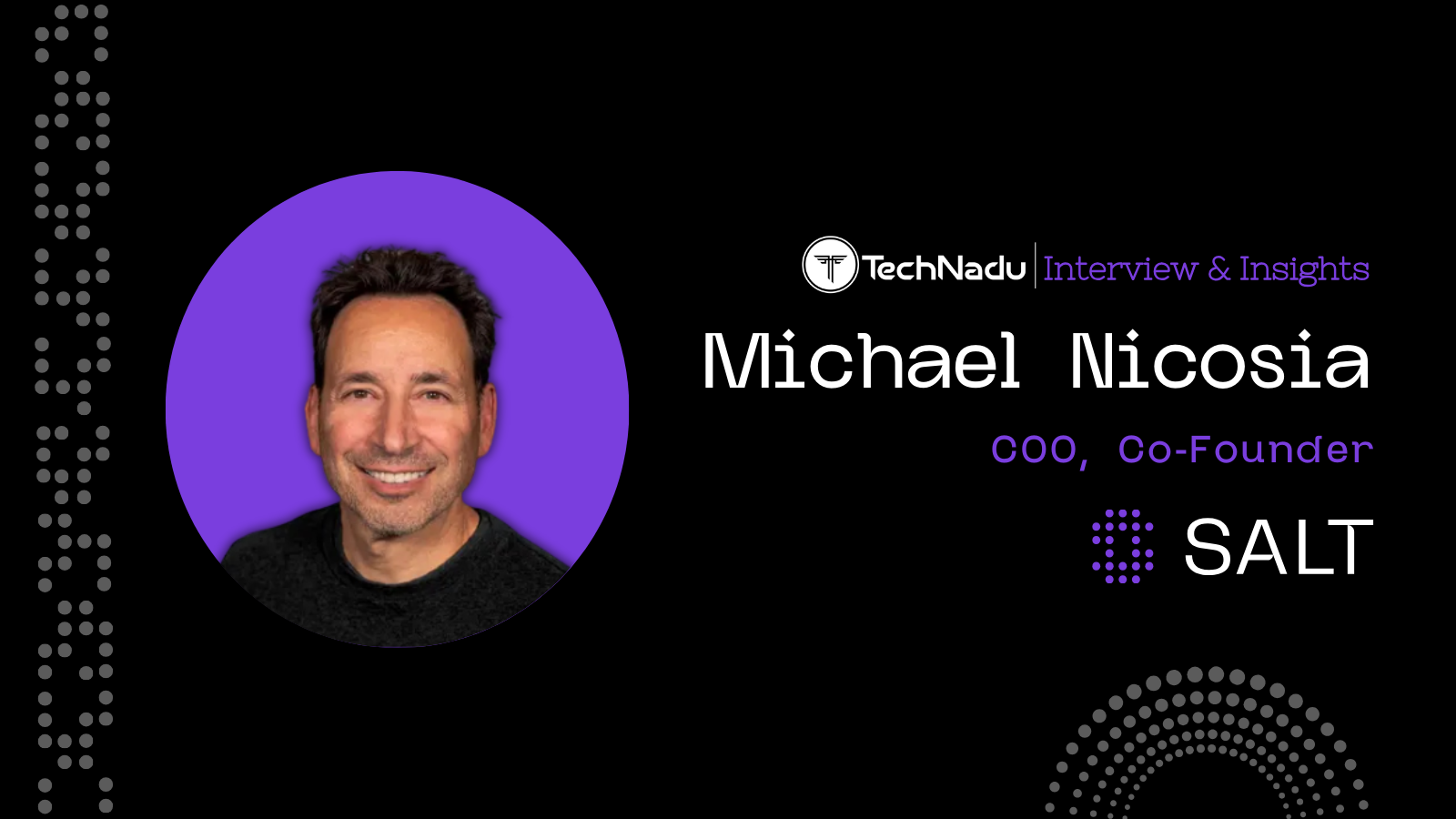
Lisa Plaggemier, MediaPro: Convenience Motivates Us, Not Security or Privacy
Most often than not, we are our own worst enemies when it comes to our security and privacy. MediaPro is a company that tackles this issue, making an effort to teach people more about how to stay safe, and helping corporations meet compliance requirements, while also safeguarding their business assets.
Lisa Plaggemier is the company's Chief Strategy Officer, and she agreed to have a chat with us about the privacy and security risks around us, educating others on these issues, and more. Read on for our interview.
TechNadu: Hi, Lisa! It's a pleasure to meet you! Could you tell us more about MediaPro and how the company works to teach people about security and privacy?
Lisa Plaggemier: MediaPro has a long history of being a trusted partner to organizations of all sizes, providing highly interactive and engaging training. The company was started in 1993, but our focus shifted over time exclusively to privacy and security as the market need grew. We offer an extremely flexible solution, allowing customers to make our training their training. Customers can build courses that reflect their risks, their culture, and their brand.
TechNadu: You've taken on the job as Chief Strategy Officer at MediaPro. What made you say yes to the job here? What attracted you to this organization?
Lisa Plaggemier: I think it's really important to work with people whose values are aligned with your own. At the end of the day, all we have is our integrity – in security and privacy, we're pretty much in the honesty, transparency, and integrity business. What attracted me to MediaPro was the opportunity to work with a great leadership team. I think we have the best team in the industry. Our values are aligned, we have a deep and varied experience, and we genuinely like each other.
TechNadu: What are some of the most common problems you encounter in your trainings? What are the issues people are most ignorant about?
Lisa Plaggemier: I don't think ignorance is the issue. The issue is motivation. Our society is generally more motivated by their own convenience than by security or privacy concerns. Even most security professionals I know will just click "I accept" when they're installing an app on their phone, especially if it's something that's going to solve an immediate need. If you're downloading an app to order carry out, and you're really hungry, chances are you're not going to take the time to read the T&Cs. Doing a secure thing should be the easiest thing. As long as that's not the case, we have to rely on people being motivated.
TechNadu: What are the biggest security and privacy problems threatening us today?
Lisa Plaggemier: Public apathy and the technical illiteracy of many elected officials.
TechNadu: When it comes to privacy, it seems the concerns come from multiple directions. On the one hand, we have the concerns that come hand in hand with security threats, cybercrimes, and so on. On the other hand, we have the concerns that are directly tied to the online tools we all use, starting from Google and Facebook. How do you view these issues?
Lisa Plaggemier: One you can address with regulation, the other you cannot. I think there's another aspect, too: market forces. I've seen a few cases lately where companies have implemented better security even though it introduced friction for the consumer, which they usually try to avoid. For example, after the negative publicity of the Nest hack in January of 2019, Nest implemented a process to keep consumers from using a password that was previously compromised. They clearly could have done that before the incident, but the publicity of that incident caused them to take immediate action.
TechNadu: With kids these days growing up online, how do you teach them about cybersecurity and privacy, and when's the right time to do so? When you do, you lift the parental controls?
Lisa Plaggemier: Just like anything else with technology, a motivated human can get around the tech, especially a motivated teenager. My kids always found a way around parental controls, so I think if you're relying on those, you're not being realistic. They'll borrow a friend's phone or go online on a public computer somewhere. I think it's better to rely on educating them and helping them to develop the character they need to make good decisions.
TechNadu: What is the best advice you have to give for people to protect their security and privacy online?
Lisa Plaggemier: If people did just a few things, it would make a big difference in their security. First, don't use the same password on multiple accounts. Use a password manager. I am a big fan of LastPass. Finally, enable Multi-Factor Authentication (MFA) on every one of your accounts that offers it. There are more tips, but if we all did these three things, it would make a huge difference.

